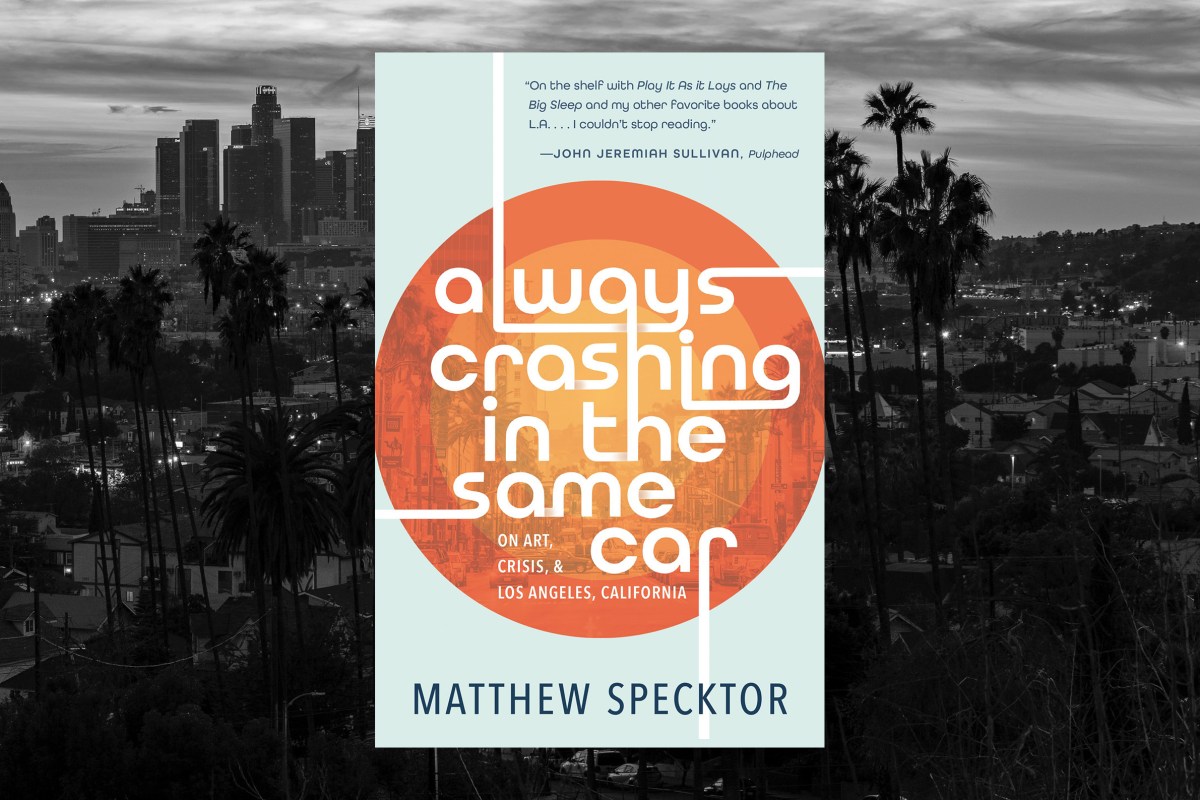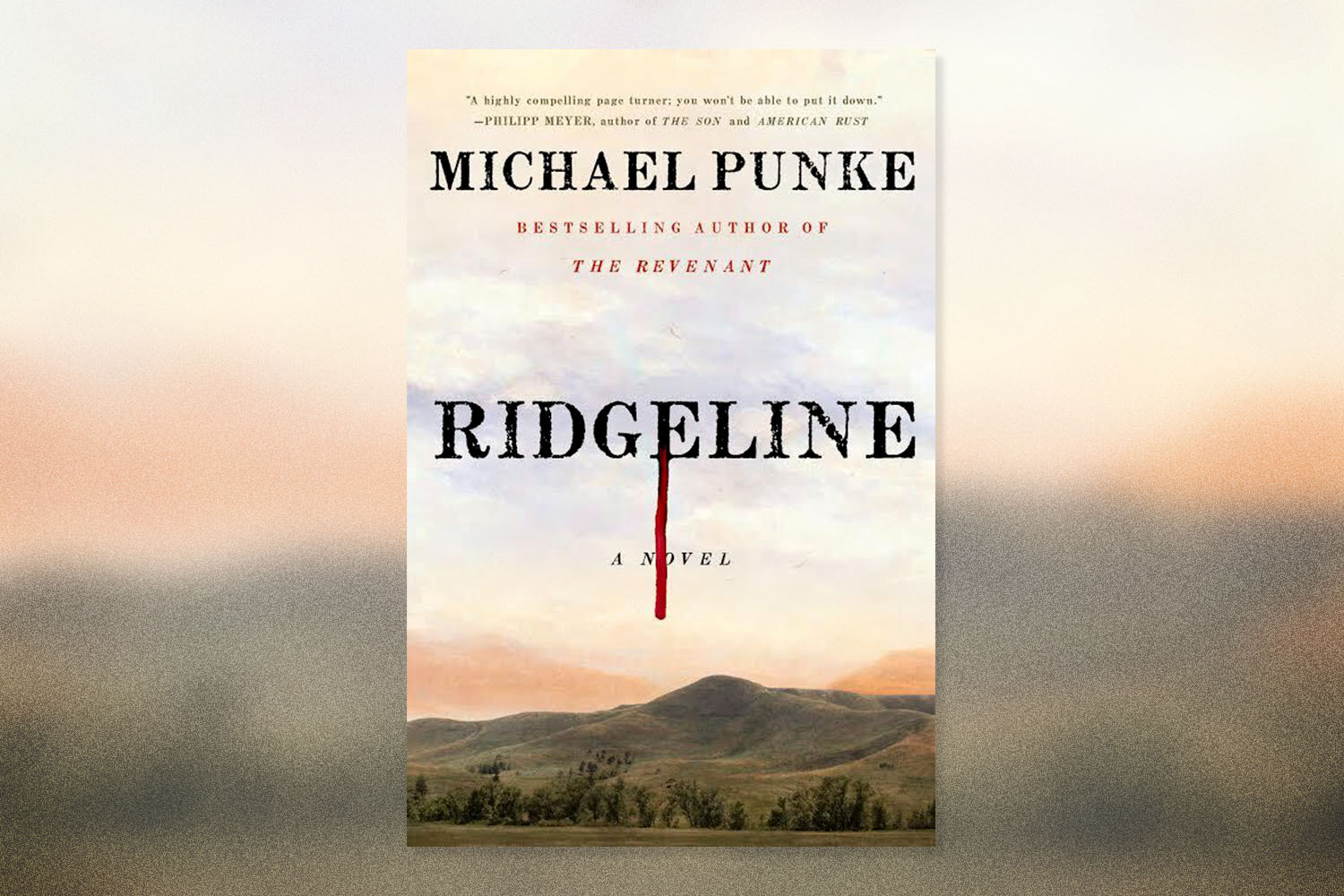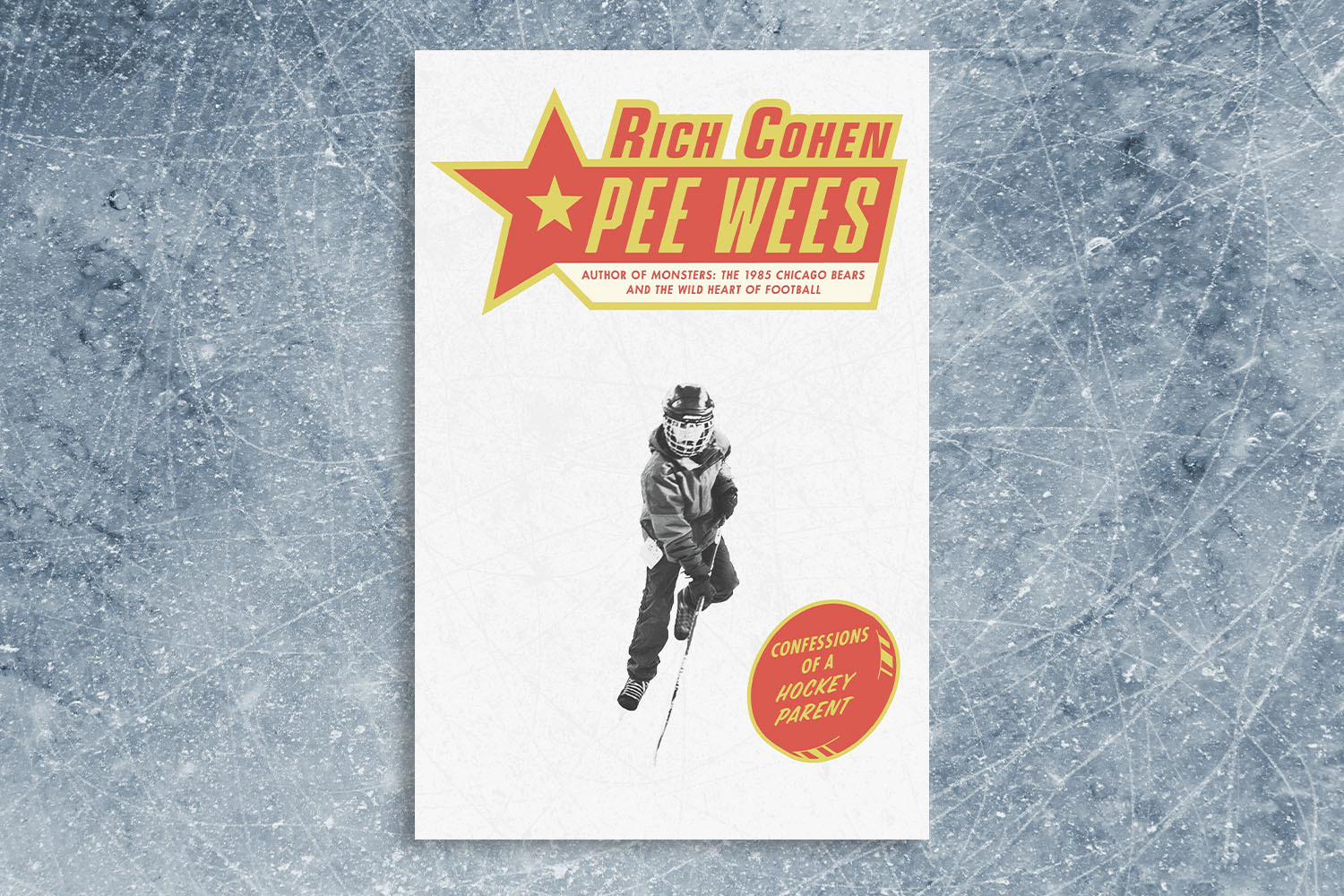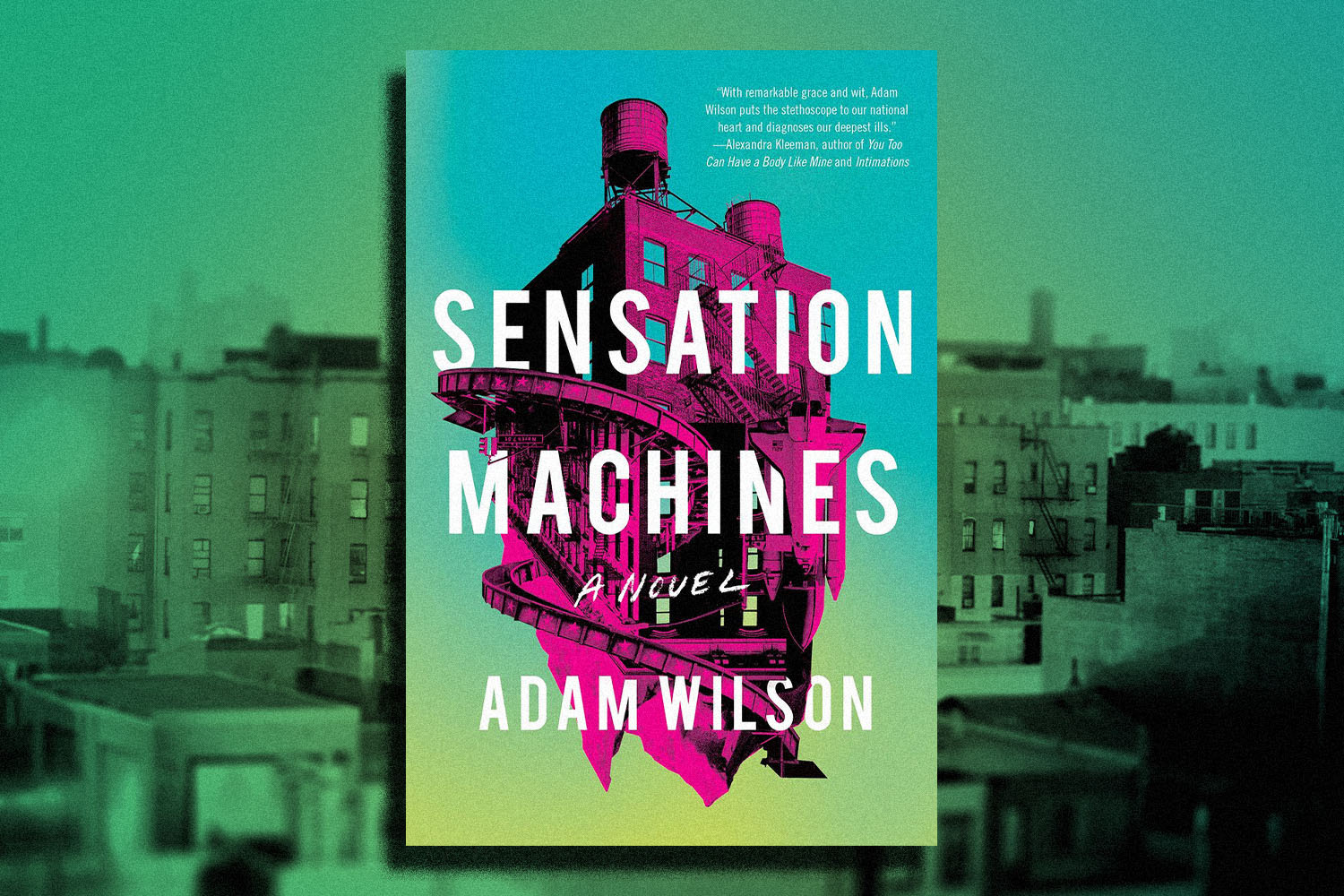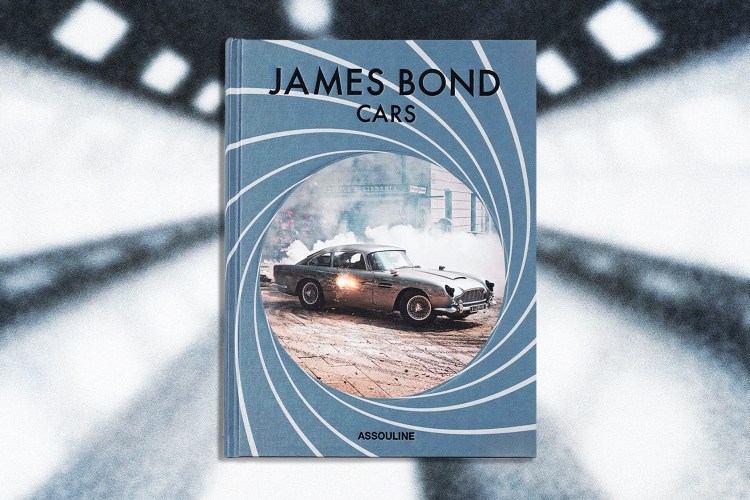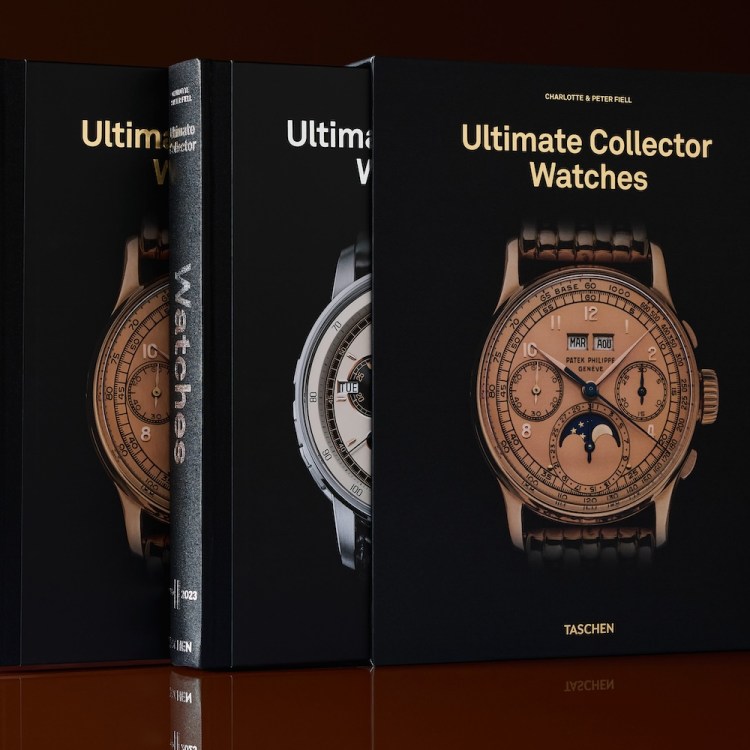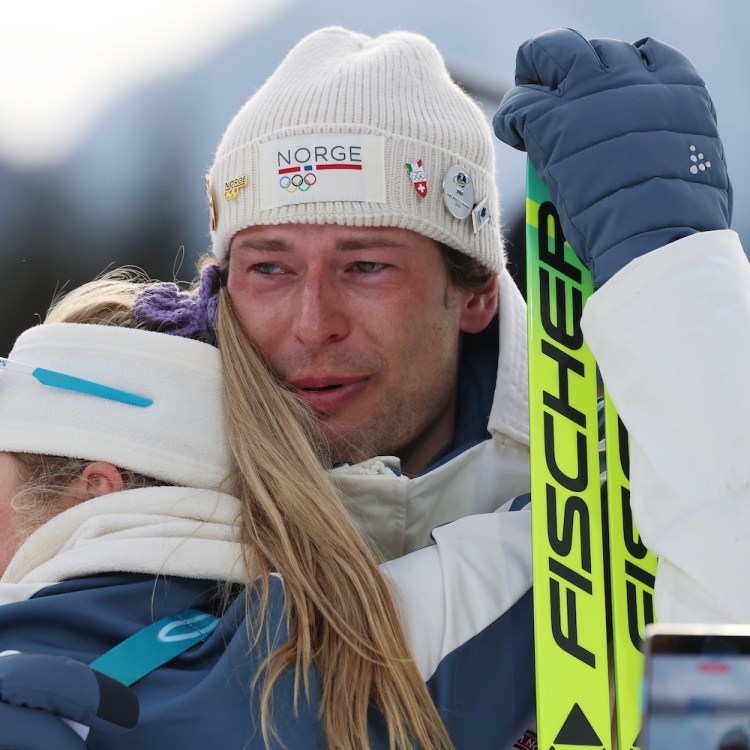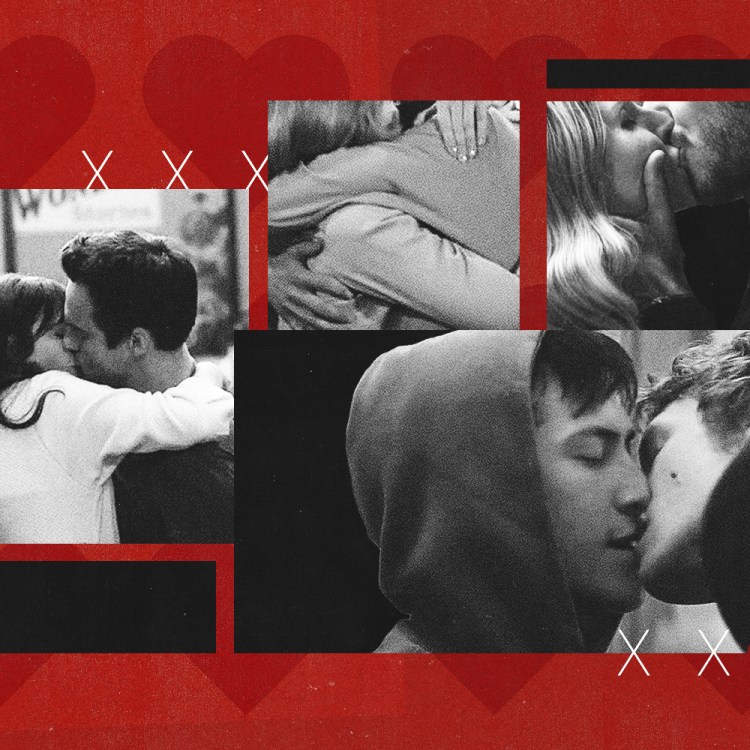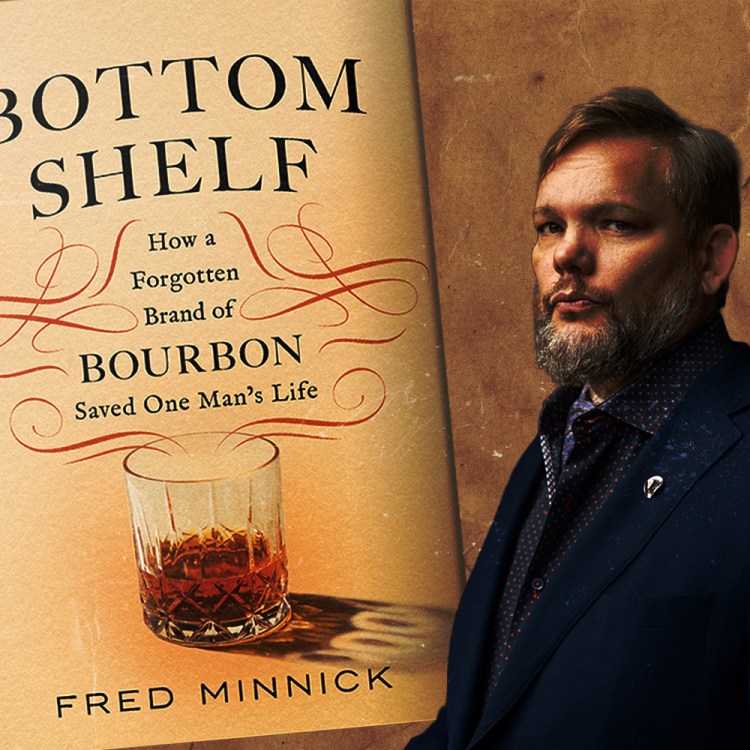Los Angeles has always been overlooked as a breeding ground for writers. Sure, writers have always been drawn there in hopes of landing some cozy gig creating stories for movies or TV, but the bulk of books about the town are almost always written by outsiders. Nathanael West, John Fante and Joan Didion all ended up in L.A. writing timeless books about the city, but they didn’t grow up there — they migrated.
Matthew Specktor is from Los Angeles, and his 2014 novel, American Dream Machine, belongs in the city’s literary canon along with The Day of the Locust, Play It as It Lays and Less Than Zero, another rare entry written by a native to the city.
His new book of essays, Always Crashing in the Same Car, is hardly a love letter to his town. It is, instead, a reckoning. It’s Specktor reckoning with his hometown as well as his own past. He does this by relating back to the art and artists who have helped color his own understanding of the place he’s from, be it F. Scott Fitzgerald or Hal Ashby.
In the sixth chapter, “The Cadaver and the Search,” Specktor looks at Warren Zevon, the musician best-known for his song “Werewolves of London,” and his special brand of outsiderness. The result is a hybrid biography of the artist in L.A. and personal essay that is tender and gutting at the same time. It’s a welcome way to look at an artist we maybe haven’t thought enough about, and we’re pleased to share part of the chapter exclusively on InsideHook.
He came to LA for the same reason all the others did—Browne and Lindley and Henley and Frey, all those Eagles and high-flying troubadours who were quicker than he was to make it big—though he didn’t know any of them then. An itinerant kid—there’d been schools in Fresno, San Pedro, and San Francisco, before he finally decided to finish at Fairfax High—he came to play music. He already had a band, called lyme and cybelle (lowercase intentional), a folk duo who recorded a clutch of singles in 1966. Only: there’s no way to talk about this without addressing the elephant in the room first. Before we get to any of the meaty stuff about Zevon’s life and times, it seems important to note that he was a drunk, a violent and abusive alcoholic. The singer’s ex-wife, Crystal Zevon, confirms as much in her raucous and surprisingly forgiving oral history I’ll Sleep When I’m Dead. He was a serial philanderer, negligent toward his children when they were young; he was unkind and occasionally ungenerous with his cowriters. He was, in short, a real prick. So it’s fair to wonder, here in the more enlightened twenty-first century, why write about him? His writing is good—great, even—but his story is miserable from one end to the other. So is there any good reason one should opt now to tell it?
I won’t answer that. Or rather, I won’t answer it yet. Like any good prosecutor, and any good public defender, I’ll let the facts speak for themselves.
*
Zevon’s father was a gambler, a card shark nicknamed “Stumpy.” Zevon told some people that Stumpy—née Willie, who owned a carpet store on Wilshire Boulevard—was a mobster, so right away you see the impulse to self-mythology. Zevon was a prodigy, of sorts. He drove a white Corvette, wore a long leather coat and a gunslinger’s hat; he played classical piano, which he’d learned, in part, at the feet of Stravinsky. He was, in short, a figure. He reaped some serious royalties long before he himself ever had a hit when the Turtles, his friends, put a song of his called “Like the Seasons” on the B side of their 45 of “Happy Together,” which of course sold millions. One day he pulled his car over to the side of the road to pick up a hitcher, a girl he knew from San Francisco named Marilyn “Tule” Livingston, and before long they were shacked up. But it wasn’t Tule he went on to marry—not even after they had a child together, a son named Jordan—but rather Crystal, whom he met a few years later when he was touring with the Everly Brothers, acting as musical director for their band. All of this . . . well, it isn’t “prehistory,” exactly, but it’s the setup: the staging of a life in which he was to act like a real rock ’n’ roll asshole. At the beginning of his career, there was promise, the golden hope of a person whose immense talent was incontestable. At the end—and it was a long end: many years of records released by labels who knew how gifted he was, and that it might be a crime not to release music by someone as good as that, but who also knew how few units he actually shifted—there was acceptance, I think, of what it meant to be a cult artist. In between, there was “Werewolves of London,” a novelty song—a goof, at least, because Zevon didn’t do “novelty,” but he also had the guts not to take himself too seriously—which took off to become a huge hit. Not nearly his best song, it is completely irresistible, loopy and charming and dumb, “dumb” in that way that only a really intelligent thing, sometimes, can be. It is still probably the only piece of music he ever made, cowritten, in this case, with Roy Marinell and the guitarist Waddy Wachtel, that truly pleased his label bosses, at least in a commercial sense. Which left a good twenty-five years or so for Zevon to soldier on as Mr. Disappointment, the Talent Who Never Really Broke, the Great American Songwriter who might also, in the end, have been little more than a footnote.
*
Zevon’s favorite novelist was Ross Macdonald, the great crime writer who defined a certain view of Southern California in the 1950s and ’60s. When Zevon and Crystal decided to move to Montecito, California, in 1978, they did so in part because they thought that getting away from the “temptations” of LA would be good for Zevon, but also because Macdonald, who was Zevon’s absolute hero, happened to live there. The Rolling Stone journalist Paul Nelson, who was another hero of a kind thanks to his advocacy, the truly tireless work he put in fighting for those artists in whom he believed, wrote about Zevon’s encounters with Macdonald. In a long, harrowing, and slightly depressing profile Nelson wrote about Zevon in 1981—harrowing because it describes in close detail the intervention Nelson and others staged to get the musician into rehab in 1978—the journalist recalls Zevon’s awkward first meeting with Macdonald at the Coral Casino Beach Club in 1976. He describes too how a few years later, when Zevon was fresh out of a Santa Barbara hospital and teetering on the lip of real catastrophe, beset by hallucinations and manias, it was Macdonald who showed up on Zevon’s doorstep as an angel of mercy, to coax him back over to reason. It is almost impossible, for me at least, to think about Zevon without thinking of these two men: Nelson and Macdonald, whose real name was Kenneth Millar. Together they form a trinity: the songwriter, the journalist, and the novelist; the addict, the enabler, and the rescuer; or, if you like, the Father (Macdonald), the Son (Zevon), and the Holy Spirit (Nelson, I guess). Their involvement, so far as it went, was brief: Nelson, who met Zevon shortly after the release of his second, self-titled, album in 1976, was out of his life by the mid-1980s, while Macdonald played only a peripheral, if crucial, role in Zevon’s biography at all. Still, they need each other. As—Macdonald certainly understood this—we all finally do . . .
*
Macdonald was the third in the line—after Dashiell Hammett and Raymond Chandler, respectively—of America’s great twentieth-century noir writers, the inventors of the hard-boiled style. His greatness resides less in any particular stylistic gift, although his bare, unadorned prose is unfailingly accurate, and more in his moral density and precision: the Henry James of crime novels. Macdonald had something that distinguished him, something to do, I think, with empathic range, with that quality—his Lew Archer novels, particularly the late ones, are suffused with it—Keats called “negative capability.” For people who came of age in the sixties, particularly, Macdonald could seem like a kindred spirit. In the introduction to Kevin Avery’s wonderful assemblage of Nelson’s conversations with the novelist, Dave Marsh recalls, “You did not feel a generation gap. . . . [Macdonald] had an empathy with the dilemma of young people like very few other [writers] in his generation.” One sees it in his books over and over, the laying bare of motives that aren’t strictly venal: behind the instigating art theft in 1976’s The Blue Hammer, say, or the twenty-years-dormant murder in 1963’s The Chill. People in Macdonald’s cosmos commit crimes to protect themselves, or to stay hidden around questions of identity and personal freedom. Children and spouses go missing, but where the Chandlerian web tends to unfold in the present, Macdonald’s plots open doors to the deep past. And through it all moves the forensic hand of Lew Archer, whose fundamental loneliness (because this is a hard-boiled detective, after all) is edged out by fathomless empathy. As Archer thinks in 1956’s The Barbarous Coast, “The problem was to love people, try to serve them, without wanting anything from them.” Try to imagine Philip Marlowe—or any other noir detective, really—thinking that.
Zevon the reader loved him. Zevon the man did too, after Macdonald showed up on his doorstep out of the blue. “It was like a dream come true,” he told Paul Nelson. “At the lowest point in my life, the doorbell rang. And there, quite literally, was Lew Archer, on a compassionate mission, come to save my life.”
*
Did Zevon deserve it? The musician didn’t get sober for the long haul until the better part of a decade later, and so what I’m wondering is . . . is it wasteful to offer this type of kindness to someone who might be considered something of a monster? Not that Zevon can be summed up quite so easily. A friend of mine who dated him during one of the final periods of active addiction, after his Santa Barbara crackup in ’79, but before 1986, when he was rescued by a stalwart record label executive named Andrew Slater and shepherded, successfully at long last, into sobriety—does not describe him as anything of the kind. For her, he was just a crummy boyfriend. “I’ve had better and I’ve had worse,” was how she put it when I asked. But once we start lining up a person’s lapses and misjudgments, when we begin poring over his or her biography to catalogue all the terrible behaviors we find there—Zevon’s inventory being approximately a hundred times longer than most people’s—it’s hard to stop. So why should anyone have treated him kindly?
It’s no real answer to seek refuge in the work. The whole great-artist-but-lousy-person thing went out with the twentieth century, and Zevon’s failure was failure of the lowest possible order: the sort that glorifies itself, over and over and over, in a futile attempt to escape the persecutions of shame. If you read Nelson’s 1981 profile of Zevon in Rolling Stone, it’s hard not to cringe as the piece, which is titled “Warren Zevon: How He Saved Himself from a Coward’s Death,” inadvertently endorses Zevon’s most transparently self-dramatizing claims by evoking a whole battery of romantic touchstones (F. Scott Fitzgerald, Clint Eastwood, Sam Peckinpah, the New York Dolls) to describe Zevon’s boozy, nomadic history. It’s not really Nelson’s fault—he’s a wonderful writer—but the article offers an awfully friendly theater for Zevon’s self-mythologizing. Perhaps all celebrity profiles do as much, but this one, in which Zevon speaks of heading off “to Morocco with a bag filled with Valium, vodka, and Fitzgerald,” suffers from the same willful self-magnification as Fitzgerald’s “The Crack-Up,” insofar as the “vulnerability” and “self-knowledge” proposed are largely a pile of bull.
But as I hunkered down recently with Zevon’s records, I slowly grew to love them, and Zevon, without apology. In part because it’s just this manner of hedging—the creation of multiple persuasive personae, from the brothers in 1976’s “Frank and Jesse James,” to the nearly naked, fig-leafed singer of 2003’s “Keep Me in Your Heart,” a song that puts forward, I suspect, a slightly more repentant figure than the songwriter actually was—that makes Zevon so great. It allows the work to carry so much feeling, to remain clear-eyed while conveying both a sense of ridiculousness and profound feelings of grief. “The days slide by / Should have done, should have done, we all sigh / Never thought I’d be so lonely,” he sang in “Accidentally Like a Martyr.” And, in “Trouble Waiting to Happen,” “I woke up this morning and fell out of bed . . . / Should have quit while I was ahead.” As someone intimately acquainted with his own haplessness in the face of a mighty despair—who rediscovered Zevon at his own moment of heartbreak and foolishness—those records cut me to the bone.
This article appeared in an InsideHook newsletter. Sign up for free to get more on travel, wellness, style, drinking, and culture.
